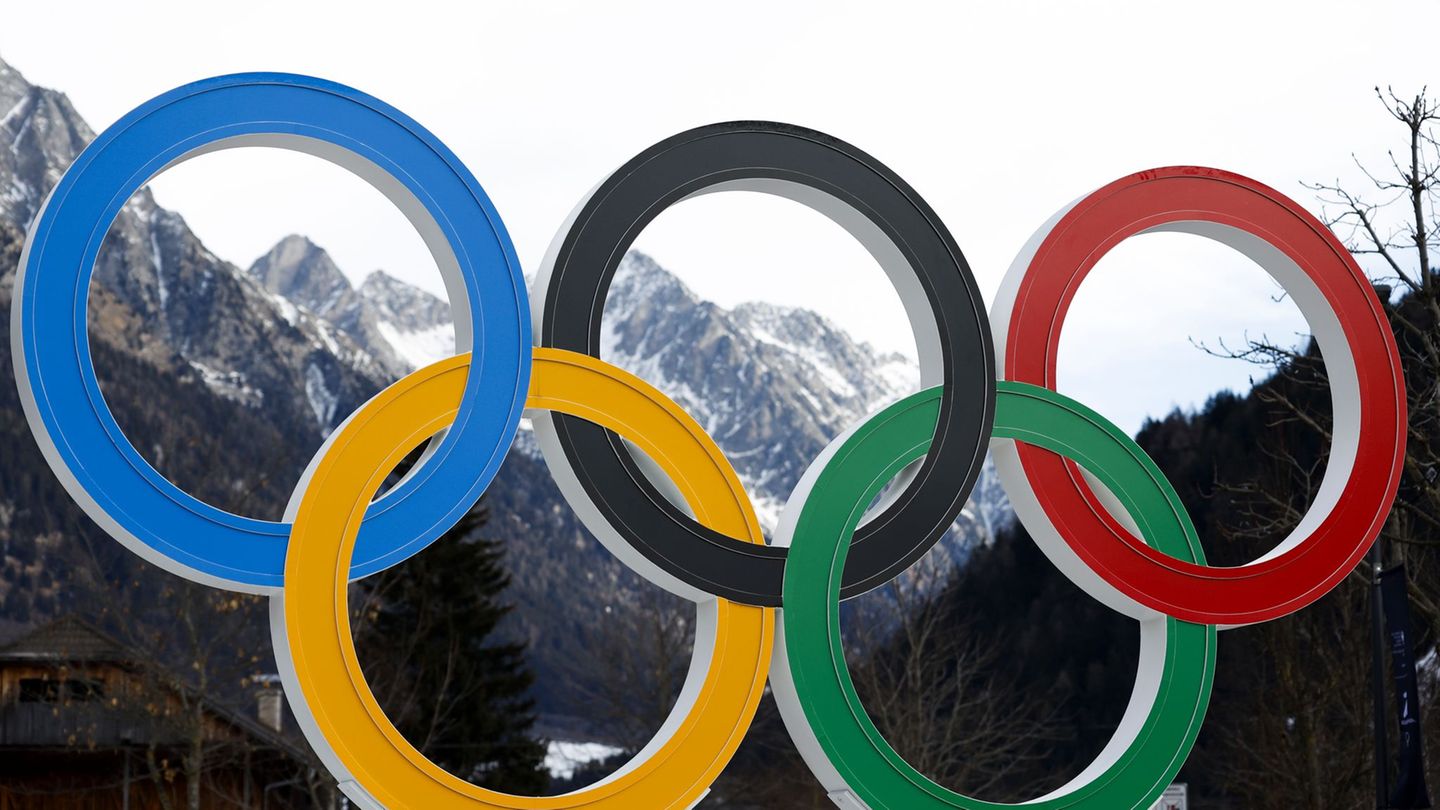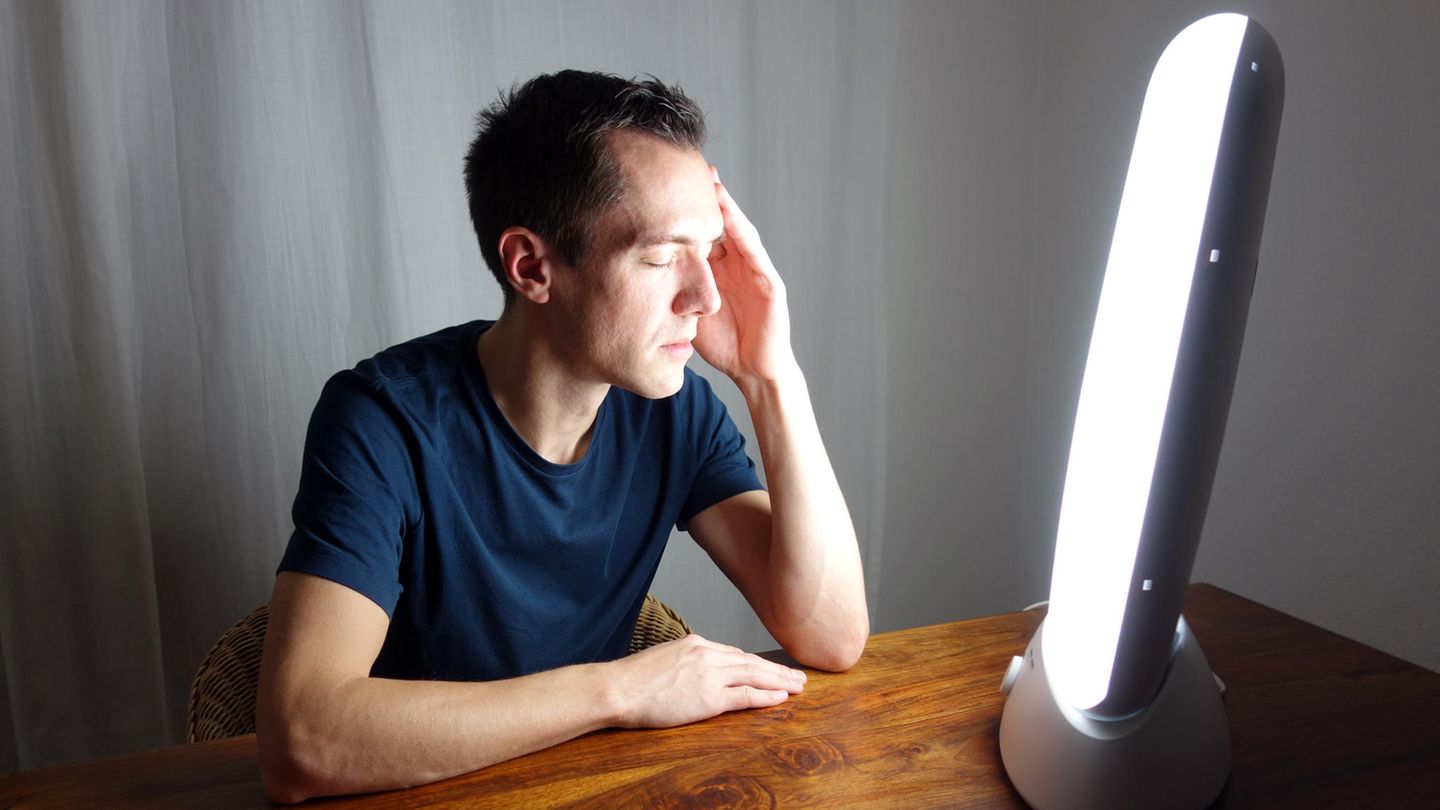“Now Later” premieres on Tuesday the 4th, directed by Héctor Diaz, starring Federico Ottone and written by Guido Zappacosta, who won the Contar contest that rewards authors and gives works the possibility of materializing on stage. It is about the reconstruction of a son’s bond with his father.
“I wrote this work in deep quarantine, it has something of those days and investigates the father-son bond, through memories that emerge in decisive hours,” the author tells Guido Zappacosta, who won with “Now after” the International Young Theater Award organized by Editorial Dalya, Spain; was selected in the Cimientos 2022 Play Development Program organized by the IATI Theater, New York, 2021 and won the Contar competition, Buenos Aires Theater Fair, organized by AADET (Association of Theatrical Producers), AAA (Argentine Association of Actors) and ARGENTORES , with the aim of stimulating the presence of works by Argentine authors in the commercial circuit of Buenos Aires.
The content you want to access is exclusive to subscribers.
It debuts on Tuesday the 4th at El Picadero under the direction of Hector Diaz (“Antigone in the bath”, “Butcher”, “For me for you”) and performance of Federico Ottone (“Like a bitch in a field”, “Defects”, “What do we do with Walter”) and produced it Sebastián Blutrach, Tomás Rottemberg, Preludio Producciones, Eloísa Cantón and Bruno Pedemonti.

Hector Diaz, its director, reflected: “It is the reconstruction of the bond between a son and his father. The author does a meticulous job to try to remember every moment of what was a crucial period for him. He needs to explain it to you, review it and learn it, to be able to tell it. Since every memory is arbitrary, he has his own tools of work: a soccer field, a vine that climbs the walls, a small bird’s nest, a large pizza bun that grows over time, taking a shower to shower oneself. himself, a mother, a brother and a kitchen, where the father reigns.
It has the management assistance of Julian Marcove and scenery and lighting Gonzalo Cordoba. We talk with Zappacosta.
Journalist: What was the trigger for writing about this father-son bond?
Guido Zappacosta: It is autobiographical despite having many fictional elements. It is told with magical realism because it is not as it happened but rather I take elements to give it a narrative intention with a theatrical effect so that the work works, in quotes. The trigger was that when my old man was hospitalized in the final stages of cancer, his best friend visited him in therapy and that friend got pneumonia the next day and died. Someone who was healthy dies and then my old man did, who was never conscious again. What caught my attention was that being best friends, neither of them found out about the other’s death. That coexisted in me and there are more elements that make up this journey that father and son have in the last 24 hours of the father’s life. It happens from when they go to the field to see Boca, they return home, the father decomposes and then they hospitalize him.
Q: How do memories play and why do you investigate them?
GZ: It seemed important to me to travel to memories to understand that present, to zoom in, a magnifying glass on the adolescent emotion of 18 years old and everything that happens at that age. I wanted to bring this boy’s relationship with his passion for Boca and basketball, issues instilled by that father. There is an episode that has to do with Cro-Magnon, I was there and it is something that I included in the work. That night is narrated, that the character survives and how that influences a person’s life. There is a game between those memories and a near future, anticipating what will happen. That game between past, present and future gave me great freedom in writing.
Q.: How did the work mutate from the first versions until reaching the final one?
GZ: I wrote that text in a workshop with Fabián Diaz in deep quarantine and for me there is something in that writing where I feel that anguish, news of death, illness, family and friends who had Covid. There is something about the pandemic that operates in that work, there were readings from that time, it was a one-person workshop and Fabián’s poetics were important. The work came out organically, in that space in which one advances gradually. When I had several written versions, what was most difficult was the transition from literary to theater.
Q: Would you have presented works at Contar?
GZ: I had sent a work written in Javier Daulte’s workshop, “Los pibes de la moto”, and it seemed to me that it went with the nature of the contest. Instead, I sent this play, on the last day, the call was almost closing, and I thought that the material was not in keeping with this contest that seeks national authors for commercial theater. And in the end this one remained.
Source: Ambito
I am an author and journalist who has worked in the entertainment industry for over a decade. I currently work as a news editor at a major news website, and my focus is on covering the latest trends in entertainment. I also write occasional pieces for other outlets, and have authored two books about the entertainment industry.




